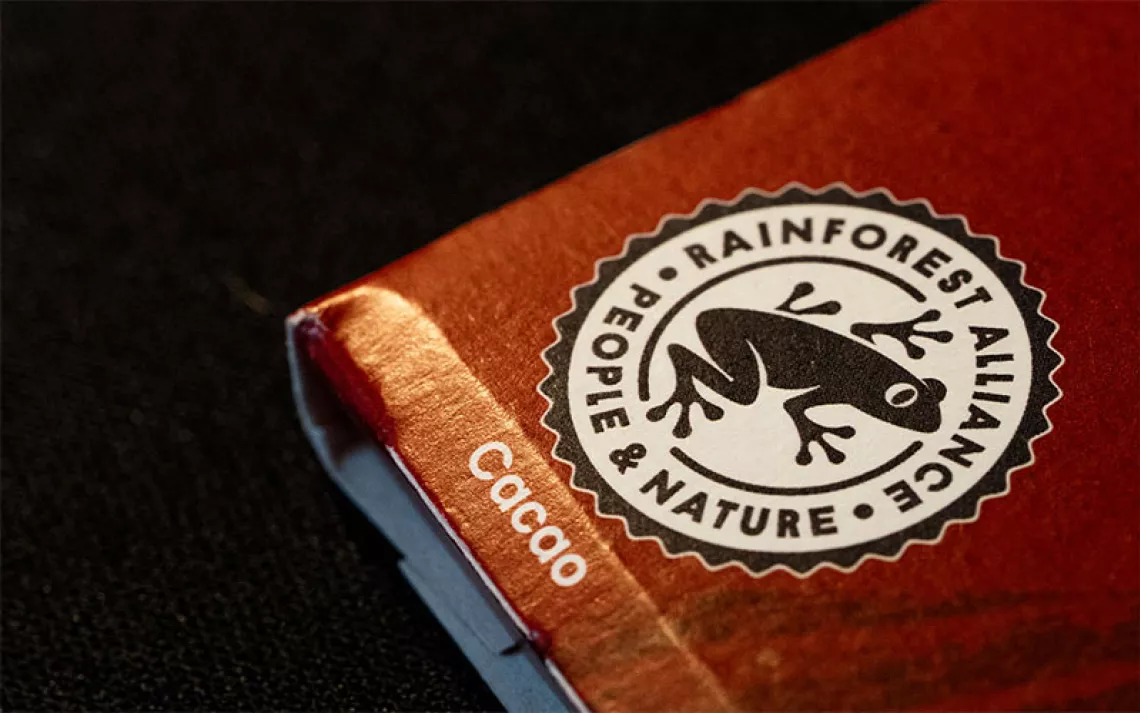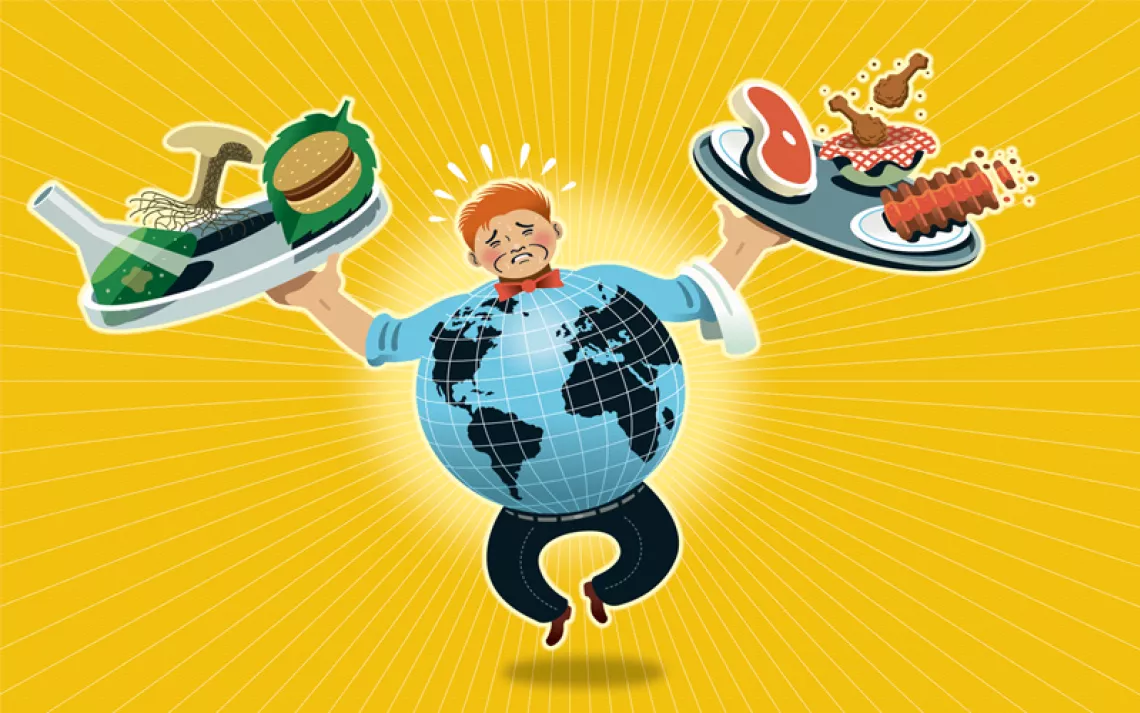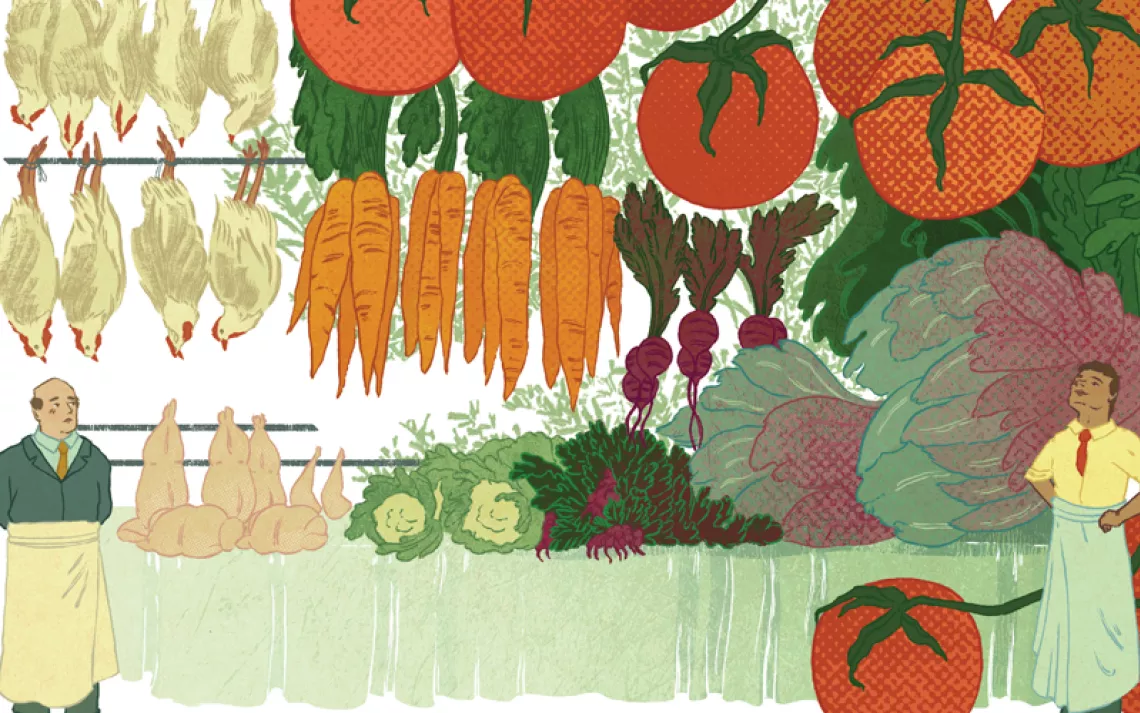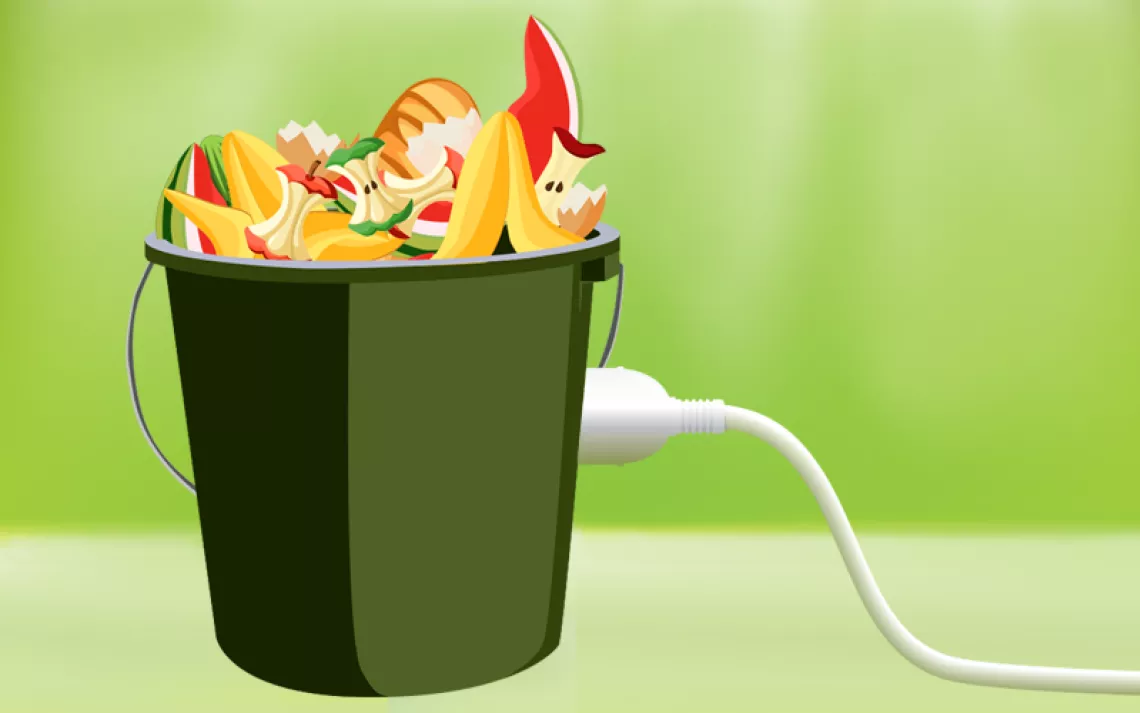Savor More, Consume Less
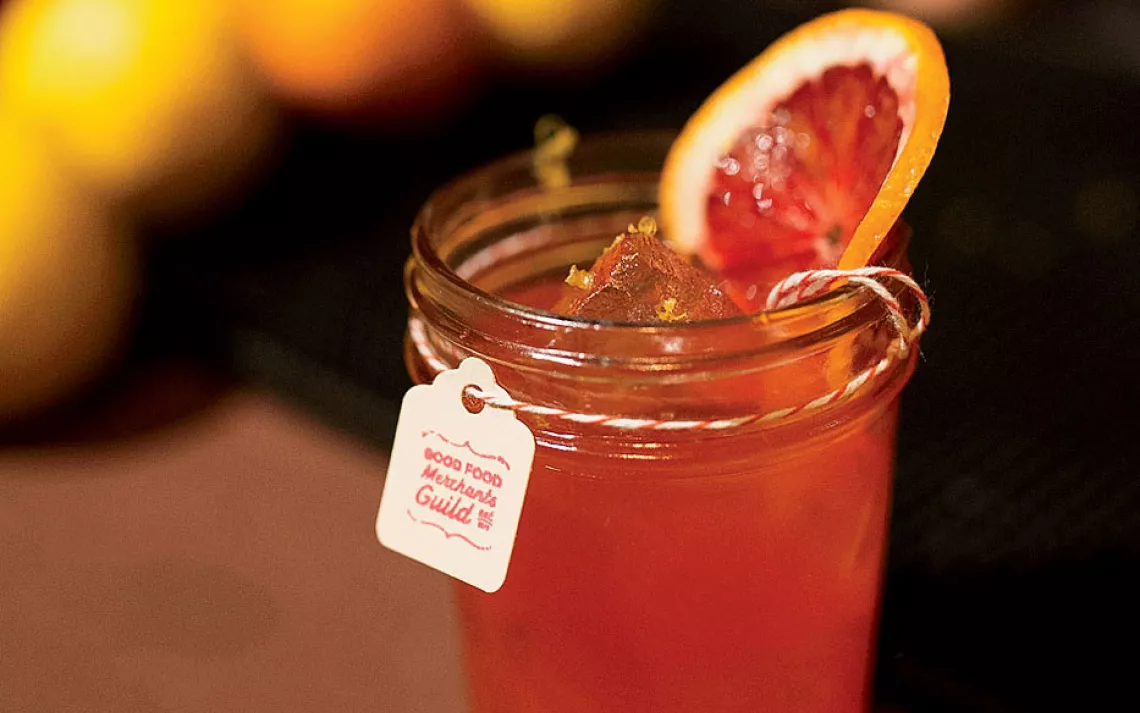
Marc Fiorito/Gamma Nine Photography
The tastiest nonprofit in America occupies a single room in a drafty old building fronting San Francisco Bay. It's called Seedling Projects, and the four people who work there sit shoulder-to-shoulder, tapping on laptops while seagulls squawk outside.
Seedling Projects is best known for organizing the annual Good Food Awards, which name the best cheeses, beers, coffees, chocolates, pickles, and such made by culinary craftspeople nationwide. This year, about 1,500 food artisans sent in samples to be judged in 10 categories. To qualify, every product had to undergo a rigorous screening process: Did that cheese come from cows fed in pesticide-free pastures? Were those pickled jalapenos grown locally? Was that lager brewed without GMOs? The winners were picked by a panel of specialists (some 250 in all), who congregated for a one-day taste-a-thon.
The people behind the Good Food Awards are tenaciously working to change the way the world produces its food. By rewarding low-impact food makers, they hope to encourage large manufacturers to employ similar practices. And the boom in artisanal edibles is good news for those who believe, as we do at Sierra, that an overindustrialized food system assaults the environment and taste buds alike. It's also good news for anyone who gets invited to the Seedling Projects office, because they have lots of leftovers and they're happy to share.
Critics might call the awards an indulgence of the elite, given that the products that meet their green criteria tend to be pricey. But Seedling Projects co-founder Sarah Weiner—a bright, ever-smiling proselytizer of the slow-food movement—argues persuasively that the extra cost is well worth it. "It lasts longer when you appreciate the taste," she says. "And if you savor more, you're consuming less." She also notes that the awards categories include products, like pickles and jams, that utilize excess crops and thus minimize waste.
For those reasons and others, Sierra recently partnered with Seedling Projects and plans to use the Good Food Awards as a filter for many of our food recommendations. (See "Enjoy").
In this issue, we also launch two new departments, both designed to let people tell their own stories: In "Artifact", we ask someone interesting to tell us about an item they own—a Buck knife, say—that triggers memories of a moment in the wild. In "Faces of Clean Energy", we ask people employed by the burgeoning clean energy industry to tell us what they do and how they got there.
Good food, wild stories, green jobs: Pour yourself a glass of organic pale ale, sit back, and savor.
 The Magazine of The Sierra Club
The Magazine of The Sierra Club
